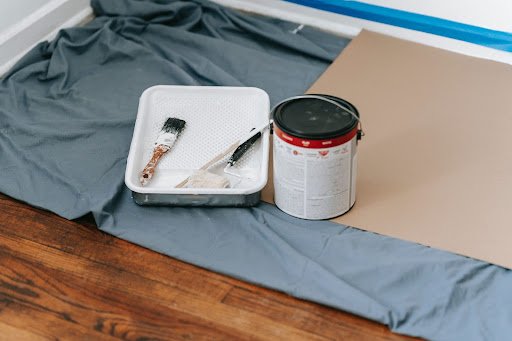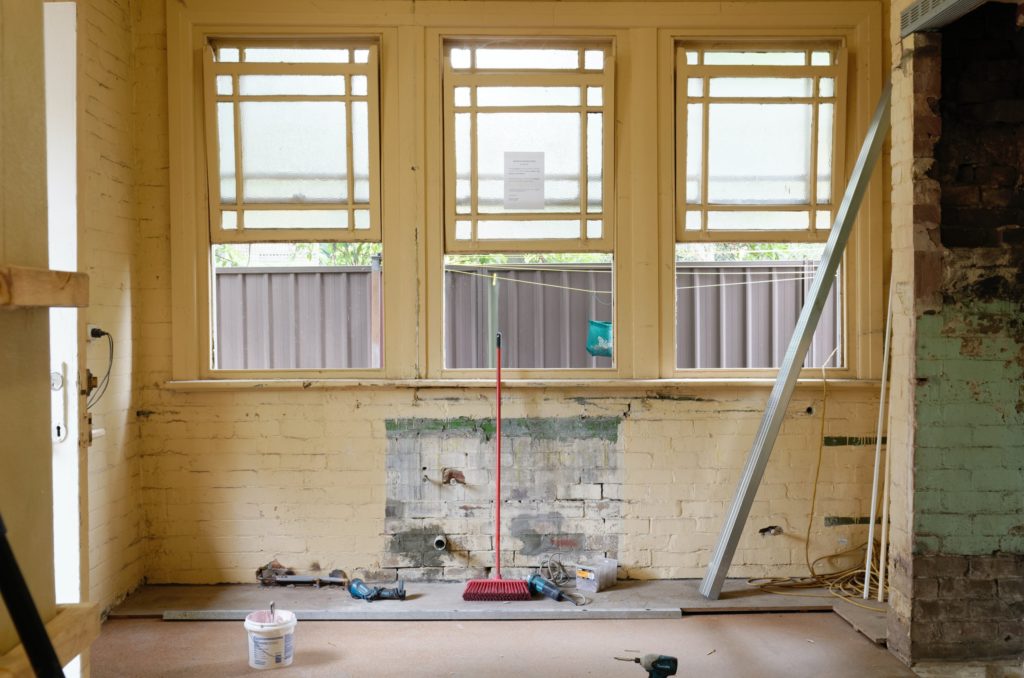Fixing & flipping homes is a straightforward concept, but there are still plenty of ways for it to go wrong. The good news is that we’ve identified the most common mistakes people make. Avoid these blunders and you’ll be well on the way to a successful flip.
Lack of Market Research
Many would-be flippers understand the importance of checking the local real estate market to figure out the scope for profit. The problem is that average property prices are too crude a measure. The effect a particular characteristic or feature of a home, such as square footage, garage capacity, or swimming pool, has on prices can vary widely between neighborhoods. If you don’t know what’s important locally, you can’t make a smart decision on whether flipping is really viable.
Not Keeping An Eye On The Budget
It’s too easy to think that if you bust your budget, you can just borrow some more money, knowing your final profit will take care of it. You may be surprised how reluctant some lenders are to advance more funds once you’ve shown your original budget was inadequate. Even if you can get your hands on more cash, the additional costs of home loans may make more of a dent in those final profits than you realize.
Over-Spending On Renovations
Improving a property is the key point of fix & flip, but over-improving is a hidden danger. That’s where you wind up spending more on fixing or improving a particular feature than you can recoup in improved property value. That’s another reason it’s key to know exactly what makes a difference to buyers in your target market.
Underestimating The Project Costs
Sometimes this stems from a lack of experience or knowledge, but often it’s just a matter of psychology. Too many buyers get so caught up in potential sales prices and profits that they are unrealistic when estimating the costs of improvement. It’s usually best to build in some leeway not just for specific costs being more than you anticipated, but also for costs you haven’t foreseen.
No Established Timeline for Completion
When you buy or sell your own home, you usually have clear pressures to proceed quickly. With a fixer-upper, it’s tempting to let things slide. Without a clear self-imposed deadline, you’ll always find a reason to put off individual tasks and then find the entire project taking longer and longer. Every day’s delay brings more uncertainty about the state of the market when you come to the sale. Delays also increase the risk of rising costs, for example in sourcing materials or extended housing loans.
Remodeling With Your Personal Tastes in Mind
Real estate experts sometimes stress the importance of thinking of your property as a home more than just an asset. The opposite is true with a fix & flip. Put your personal taste aside and remember the goal isn’t to make a home you’d love to live in, but rather a property that will sell. That could mean picking an inoffensive, neutral style that appeals to as many buyers as possible, or a style that may not be to everyone’s taste but that will be a must-have for a premium buyer with cash to splash.
Trying to Complete the Project with No Help
It sounds sensible to do as much of the work yourself as you can, putting the hours in and keeping more profit. Sometimes this can be a false economy, however. If a task will take you many hours more than it would somebody with expertise and experience, it may work out better to pay the professional, freeing you up for other tasks. You also shouldn’t underestimate the effects on your physical and mental health of trying to do too much, to the point that your productivity on the project is severely diminished.
Overpricing the Home
Pricing a fix & flip home for sale shouldn’t be an emotional task. You know how much time and effort you’ve put into the project and you want to see that fairly compensated. That doesn’t matter to the buyer: they aren’t paying for your work, they are paying for the finished product. You need to price the home to sell, taking into account the costs you need to cover and the timescale in which you need to get the money.
Avoid these mistakes and your fix & flip will be much easier. Lendmarq is a private lender that can help remove other residential loan headaches as well, so get in touch today.




